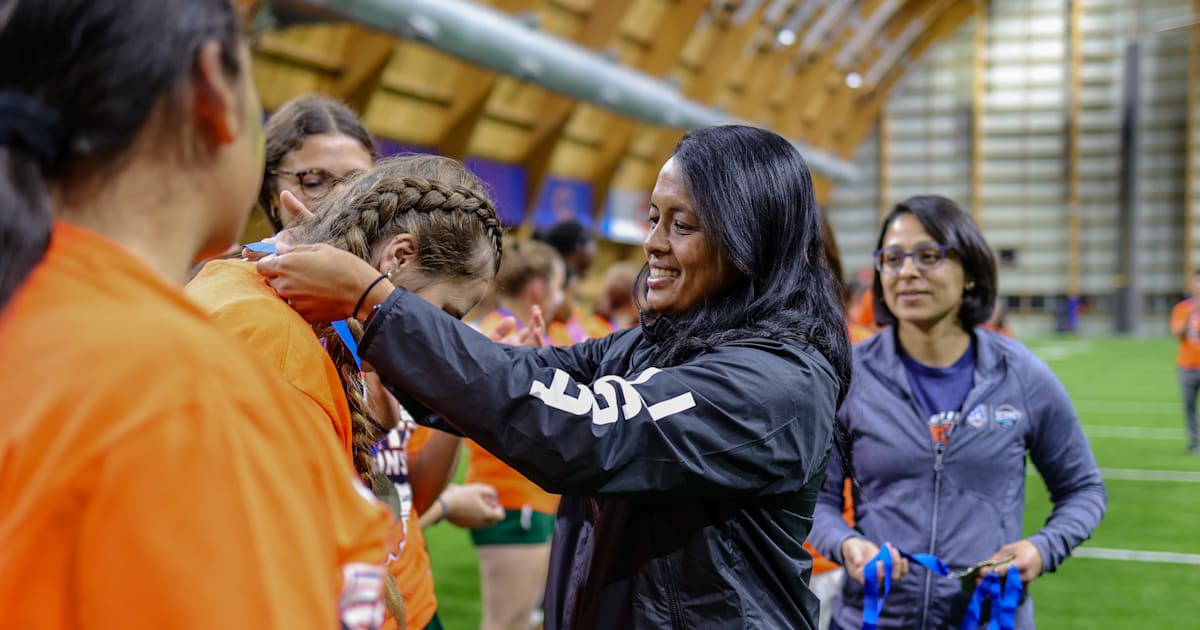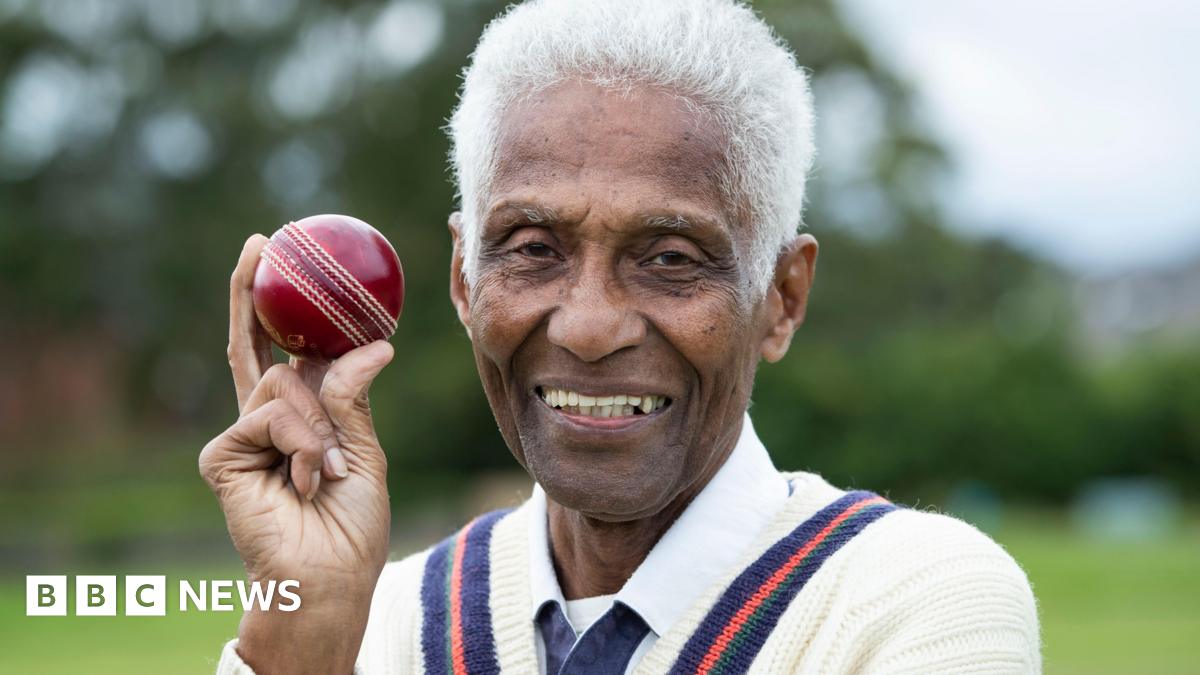Vanita Krouch "paying it forward" as she chases her Olympic flag football dream

Pay it forward.The words sit etched in an italic font on Vanita Krouch’s forearm.“This is my life motto,” the United States women’s flag football quarterback says, showing off the tattoo in a video call interview with Olympics.com.“And you see up there?” she says, adjusting the camera to put in the centre of the frame a poster above a locker. It reads, ‘Pay it ‘4ward’.“I also have my number four necklace,” she adds.The meaning behind the tagline and the number, significantly intertwined, all stem from the 44-year-old’s upbringing, which began a world away from where she sits today.Before Krouch became the most decorated flag football athlete of all time, before appearing in Super Bowl commercials, before even a life-changing Google search, her story started in the Philippines as her family waited for their new life in the United States to begin.Krouch’s parents, originally from Cambodia, were forcibly displaced by the Khmer Rouge when the regime took to power in the 1970s. As part of the social engineering policies implemented by the country's leader Pol Pot, her mother, father, two brothers, and wider family were moved from the capital, Phnom Penh, to work on communal farms in the countryside.“I think some of the family got split in different ways, but the majority was together,” she explains. “My mom says I would have four or five more aunts and uncles, but they were all killed or died from disease, starvation, or just murdered.”One night a soldier, who had a fondness for Krouch’s mother and her work as a seamstress, told the family to leave, warning them that danger was coming. Travelling by night, and hiding by day, the family escaped Cambodia and found refuge at a camp in Thailand. It was there they were told they could settle in the U.S. via the Philippines.The family backstory would continue to play its hand once the Krouch family arrived in Dallas, Texas. Her mother, single following a split from her father, had little grasp of English owing to her upbringing at a time when education wasn’t emphasised in the Asian nation. With no personal belongings left, she had to build her children a life from scratch.“Our first apartment was a one-bedroom apartment, we were living on $3.52 minimum wage. I remember seeing the workforce poster in her workroom. Our bedroom had a king-size bed for the three boys and a full-size bed that mom and I shared. She got child support from my dad. Not a lot, but I just remember seeing one check that said $125 and I was like, wow, she's rich. Now that I'm older and think about it, I'm like, Holy cow, what did you do with $125 with four kids in a one-bedroom apartment plus bills?”












